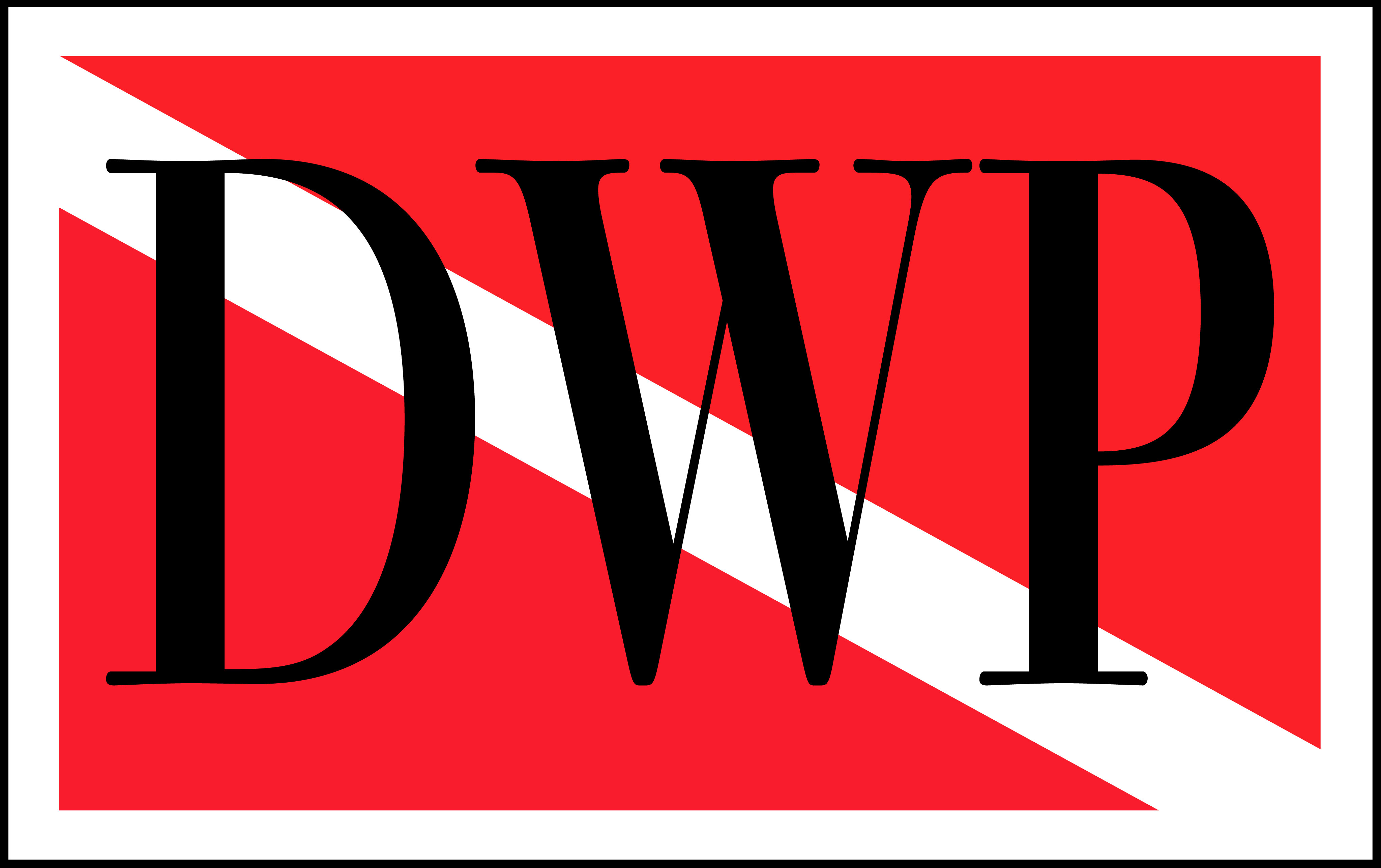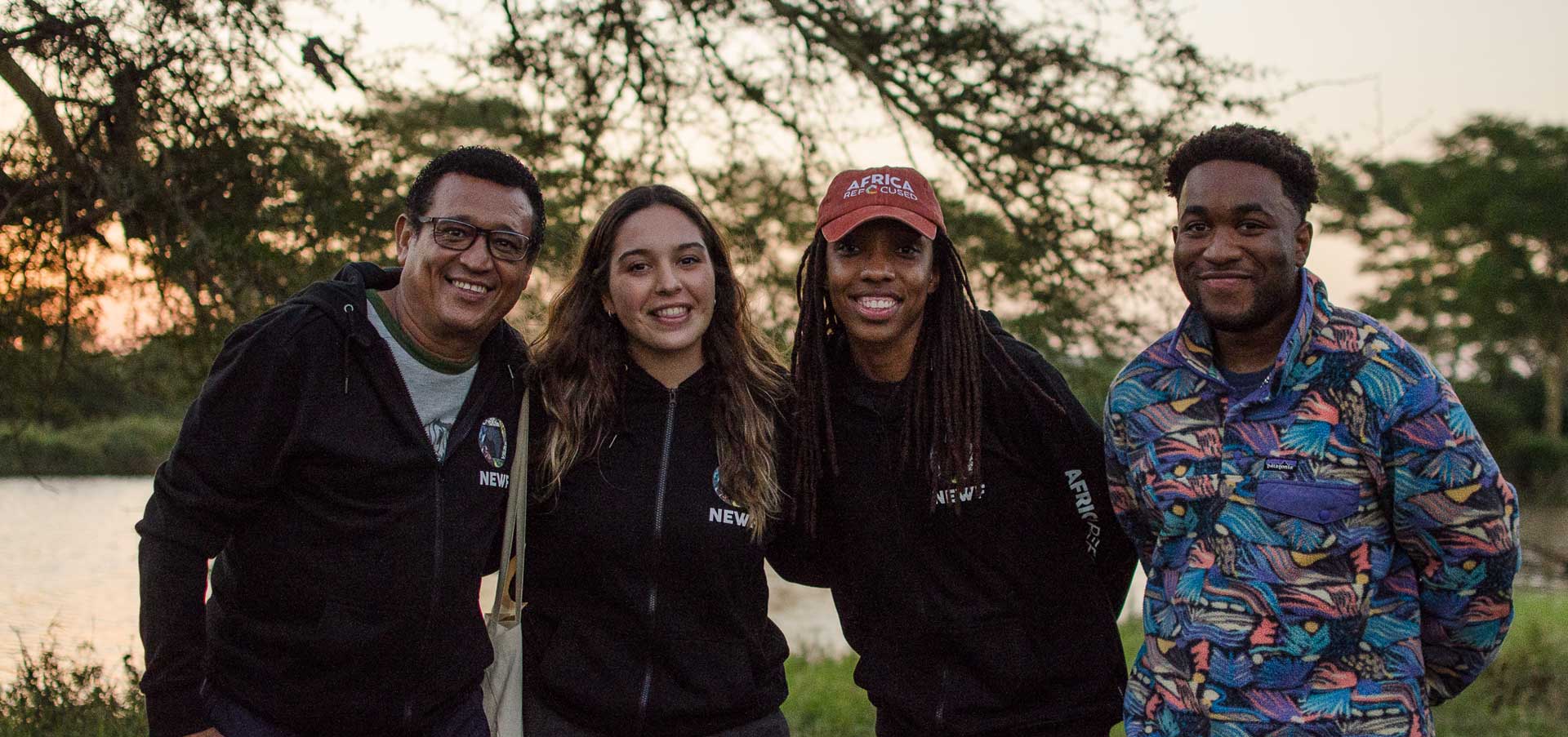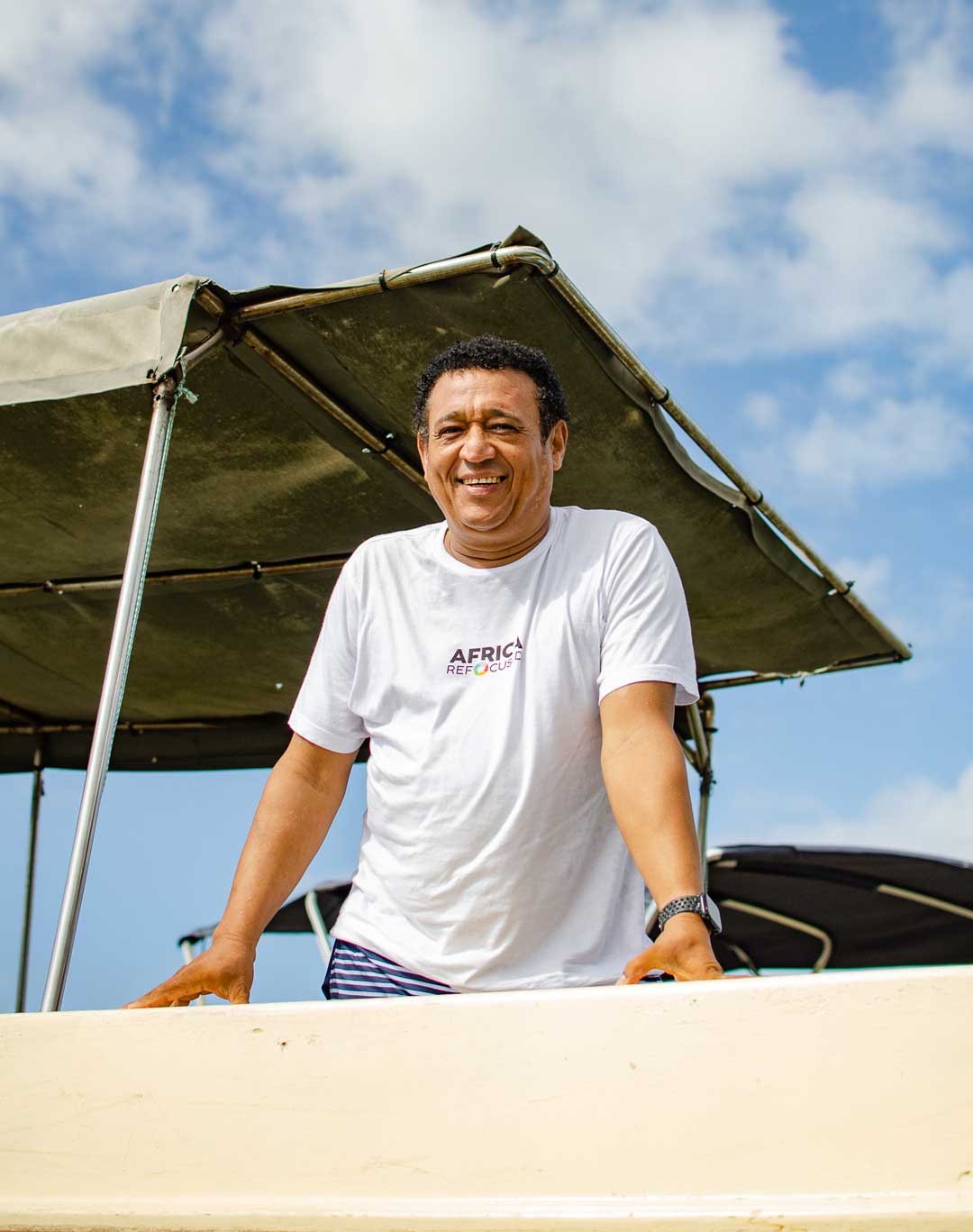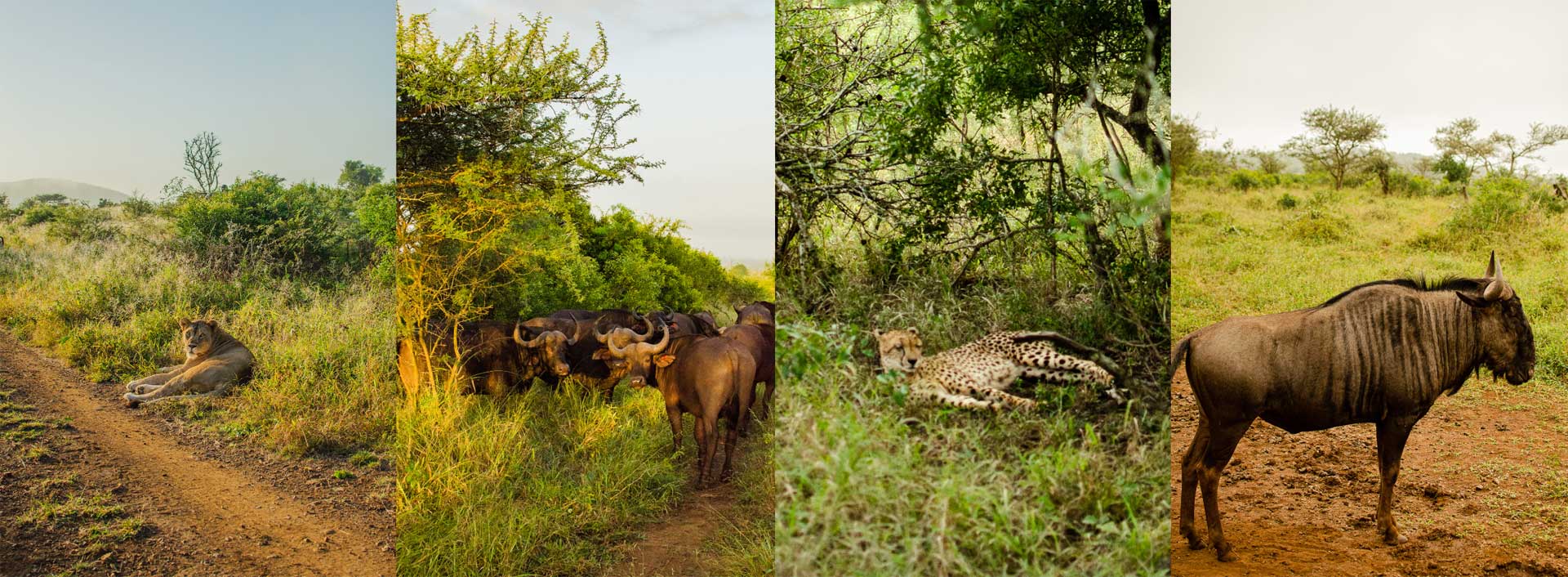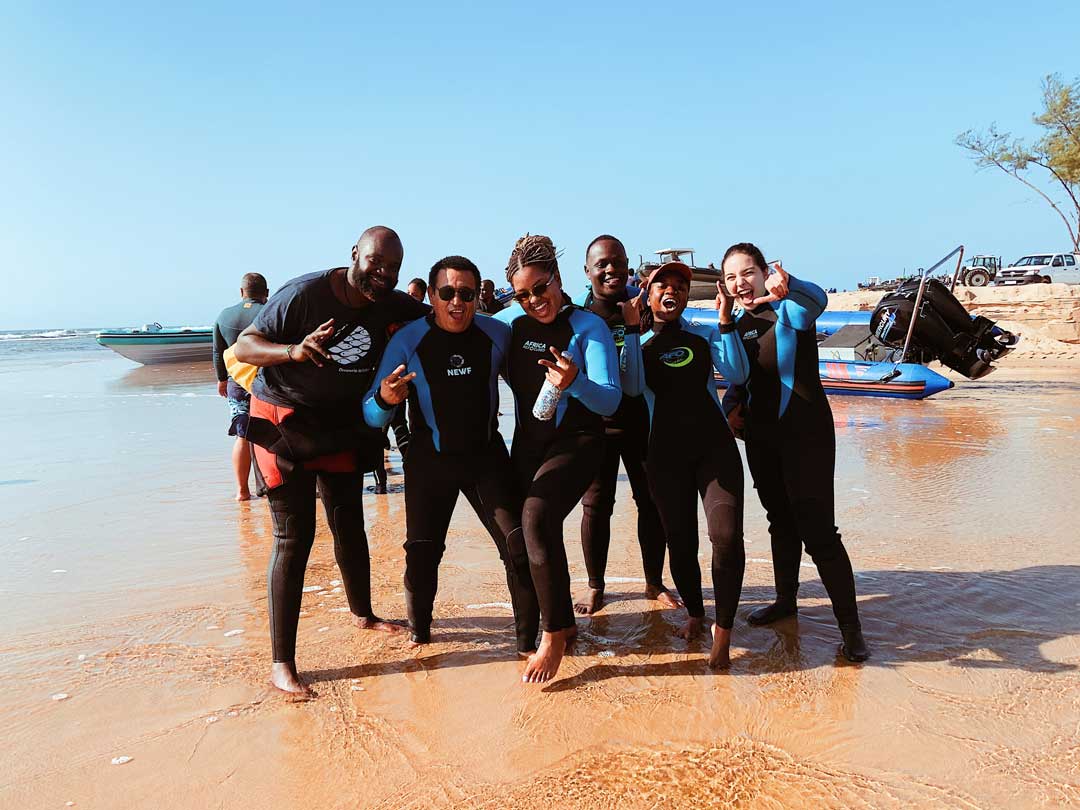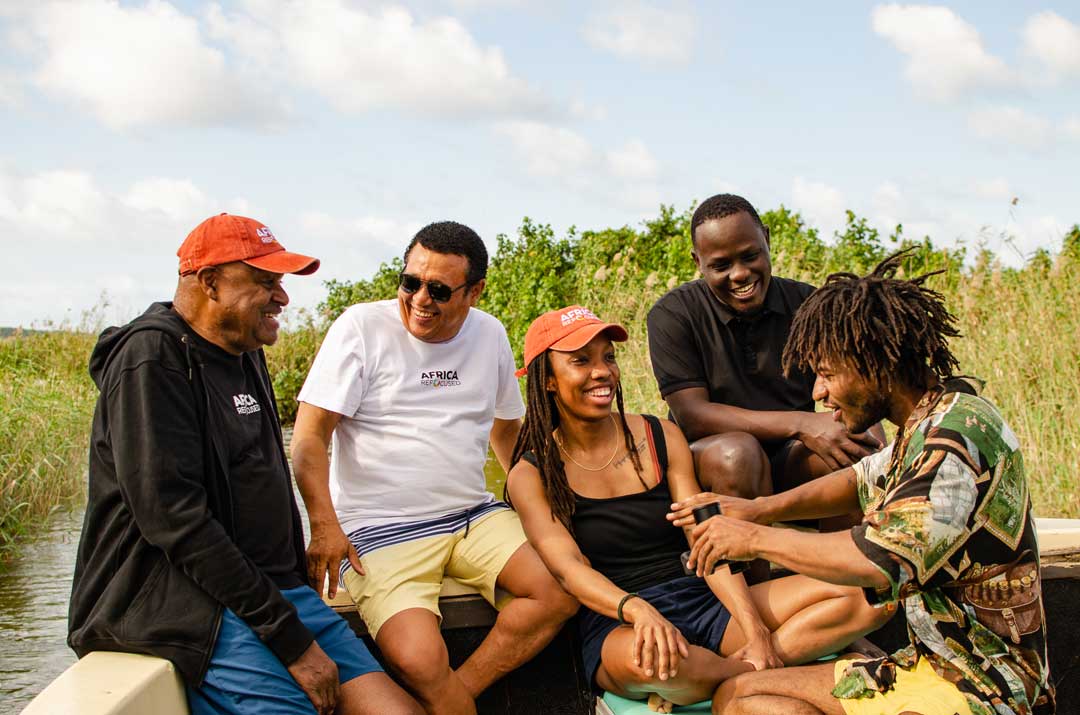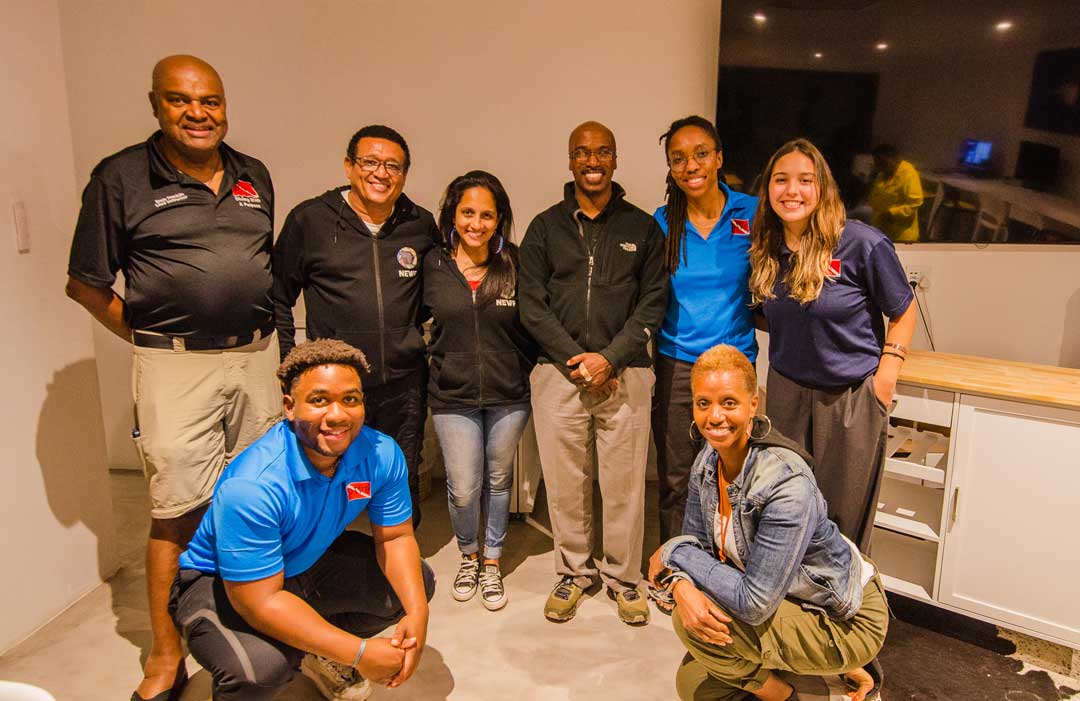Q. When did NEWF Congress start?
In 2017, Noel and Pragna were facing significant financial challenges. Noel reflects, “The world utilizes so much of Africa’s nature and wildlife, yet there was no platform in Africa for conservationists, scientists, filmmakers, storytellers, and broadcasters to come together and discuss solutions. We decided we couldn’t just walk away defeated; we needed to address this issue. By January of that year, we conceived the idea of hosting a film festival.
However, we questioned which films to showcase. Thus, we decided to create a congress where people could gather to discuss and find ways to overcome the challenges we faced in producing our first TV series. In March, we pitched this idea to the head of parks and recreation in Durban, who loved it and offered us $500,000. Though we never received the funds, his belief in our idea was crucial and motivated us to move forward.”
And so, the annual NEWF Congress began in 2017. Noel adds, “We invited speakers and approached film commissions to fund new and emerging filmmakers, granting them $2,500 each to produce their first short films. We leveraged our connections from previous TV series to gain access to parks for filming. In our first year, we hosted 100 participants and showcased new short films by emerging filmmakers. A significant NGO at the congress met one of these filmmakers, leading to the production of ‘Our Oceans.’ In 2018, we faced a new challenge: despite Africa’s extensive coastlines, we struggled to find a black African underwater filmmaker. This realization, coupled with our producers’ labs, highlighted the need for technical training to break down entry barriers for black African filmmakers. We launched dive and cinematography labs and realized many black African scientists lacked access to cameras, unlike their white counterparts. This disparity led us to design programs supporting black African conservationists, scientists, and storytellers technically. What started as an annual event has evolved into an organization with year-round programs supporting conservationists, scientists, and storytellers across Africa.”
